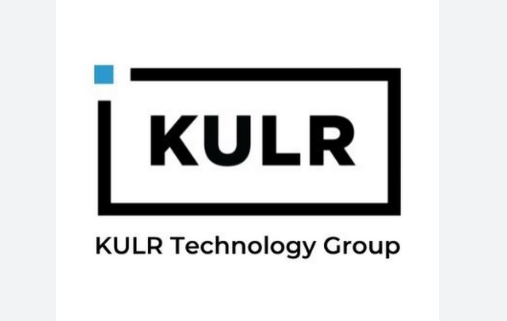KULR and Scripps Research Pioneer Affordable Pyrolytic Carbon Electrodes

KULR Technology Group, Inc. (NYSE: KULR) has partnered with Scripps Research Institute’s Baran Lab to create an innovative pyrolytic carbon (PC) electrode material. This groundbreaking development offers a cost-effective, scalable, and durable alternative to traditional electrodes like reticulated vitreous carbon (RVC) and glassy carbon (GC).
Produced using a proprietary chemical vapor deposition (CVD) process, the PC electrodes are affordable to manufacture while delivering mechanical strength and high reactivity. They perform exceptionally in key electrochemical reactions, such as rapid alternating polarity (rAP) Kolbe couplings, essential for producing pharmaceuticals, polymers, and sustainable materials. Unlike fragile RVC electrodes, the new material is robust and reusable, reducing waste and improving efficiency.
This collaboration addresses critical challenges in synthetic organic electrochemistry, enabling researchers and industries worldwide to adopt sustainable, advanced methodologies without compromising on performance.
“KULR’s expertise in carbon materials, combined with Scripps Research’s innovative vision, has resulted in a transformative material for synthetic chemistry,” said Michael Mo, CEO of KULR Technology.
With this breakthrough, KULR and Scripps Research are driving the next wave of innovation in large-scale chemical synthesis, making advanced electrochemical techniques more accessible and sustainable.
You might like this article: MediBeacon TGFR System Earns FDA Approval for Revolutionary Kidney Function Assessment



